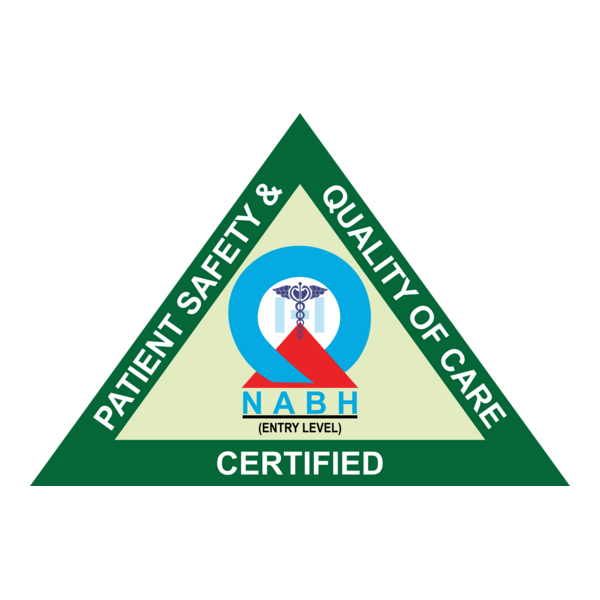Disorder of Salivary Glands
Definition
Disorders of the salivary glands involve conditions that affect the proper functioning of glands responsible for producing saliva, such as the parotid, submandibular, and sublingual glands. These conditions may include infections, blockages, stones, cysts, or tumors, leading to pain, swelling, or dry mouth.
Purpose of Salivary Gland Disorder Care
To diagnose and treat infections, swelling, or blockages in salivary glands
To remove salivary stones or cysts causing pain and obstruction
To restore normal saliva flow for digestion and oral health
To rule out or treat tumors for long-term health and safety
Types and Methods of Treatment
Medical Management
Antibiotics for bacterial infections
Anti-inflammatory medications to reduce pain and swelling
Hydration and saliva-stimulating measures for dry mouth
Minimally Invasive Procedures
Sialendoscopy (endoscopic removal of stones or blockages)
Drainage of abscesses or cysts
Surgical Treatment
Removal of large stones or affected glands when necessary
Excision of benign or malignant tumors
Post-Treatment Care
Medications for pain relief and infection prevention
Hydration and oral hygiene guidance
Regular follow-up to monitor gland function and prevent recurrence
Benefits of Salivary Gland Disorder Treatment
Relieves pain, swelling, and discomfort effectively
Restores normal saliva production and oral health
Prevents repeated infections and long-term complications
Provides safe treatment for tumors or chronic gland conditions


